I’m not typically a decaf coffee drinker, but during pregnancy I started including it in my daily routine. But I recently heard that decaf coffee isn’t safe either. It seems it’s all about the method in which it’s processed, which uses methylene chloride. How cautious should I be? And is any amount of coffee (regular or decaf) safe?
–Occasional decaf consumer, always worrier
Let’s start with the question of caffeinated coffee (since it sounds like that’s what you used to drink). The main worry about caffeine and pregnancy is the possibility of a link with miscarriage in the first trimester. I spent a lot of time talking about this in Expecting Better. When you dive deeply into the data there, and especially when you focus on the most reliable data, we do not see a link between low to moderate coffee consumption (up to about four cups per day) and miscarriage. At higher levels than that, the data is harder to be fully confident in — it seems like there may be a link, but it also may be driven by differences in other factors (notably, differences in pregnancy nausea).
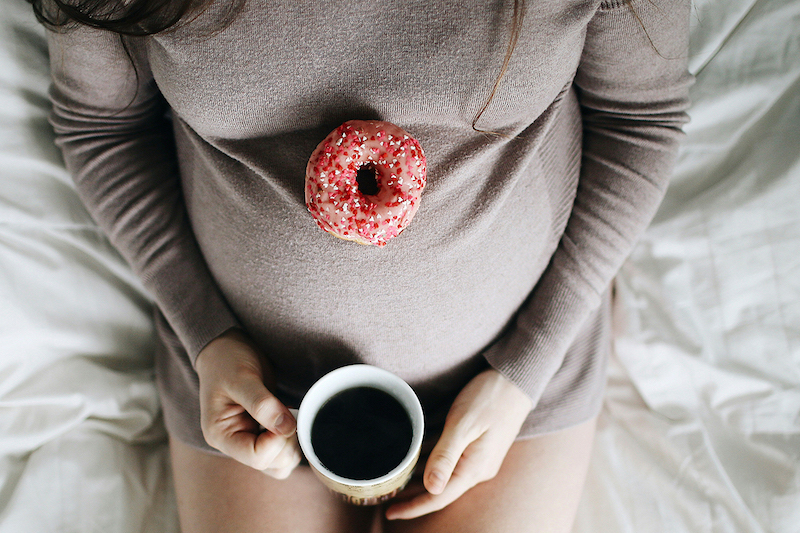
Most people are not consuming more than four cups of coffee per day, though. So if you’re in the low to moderate range and you’d like to switch back to caffeinated coffee, go for it!
However, you might prefer decaf coffee, so let’s answer that question too. Many of the same studies that look at caffeinated coffee also look at decaffeinated, and generally we do not see miscarriage or preterm birth risks with increased decaffeinated coffee consumption. There are concerns with occupational exposure to methylene chloride, but you do not get this kind of exposure with consumption.
Bottom line: Your decaf habit is fine, but a caffeine habit would be fine too.
Community Guidelines















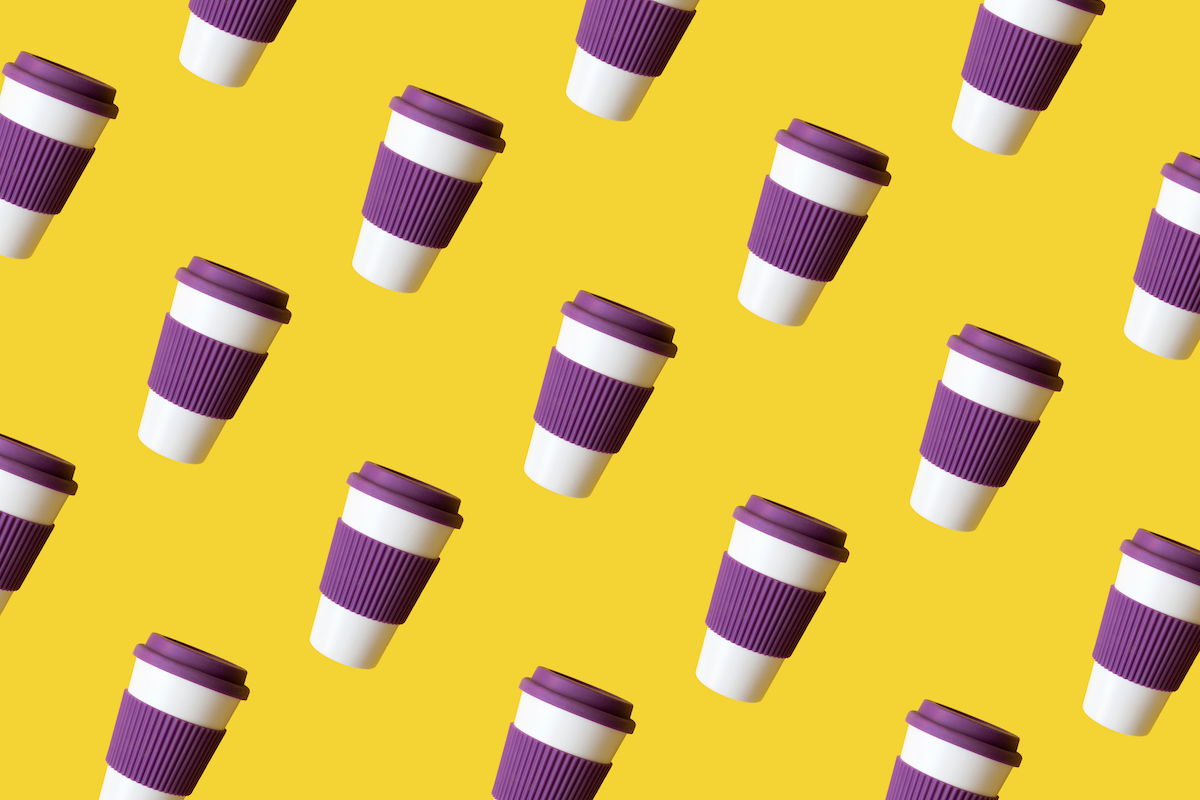
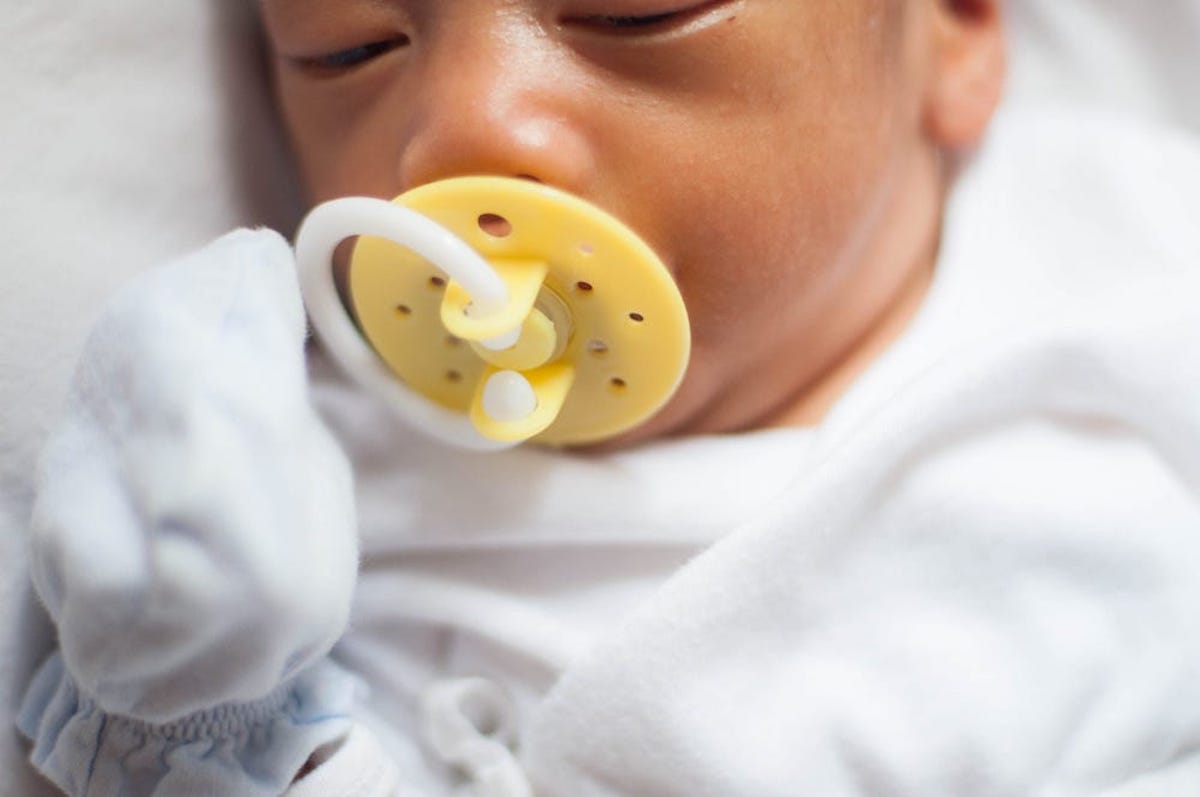
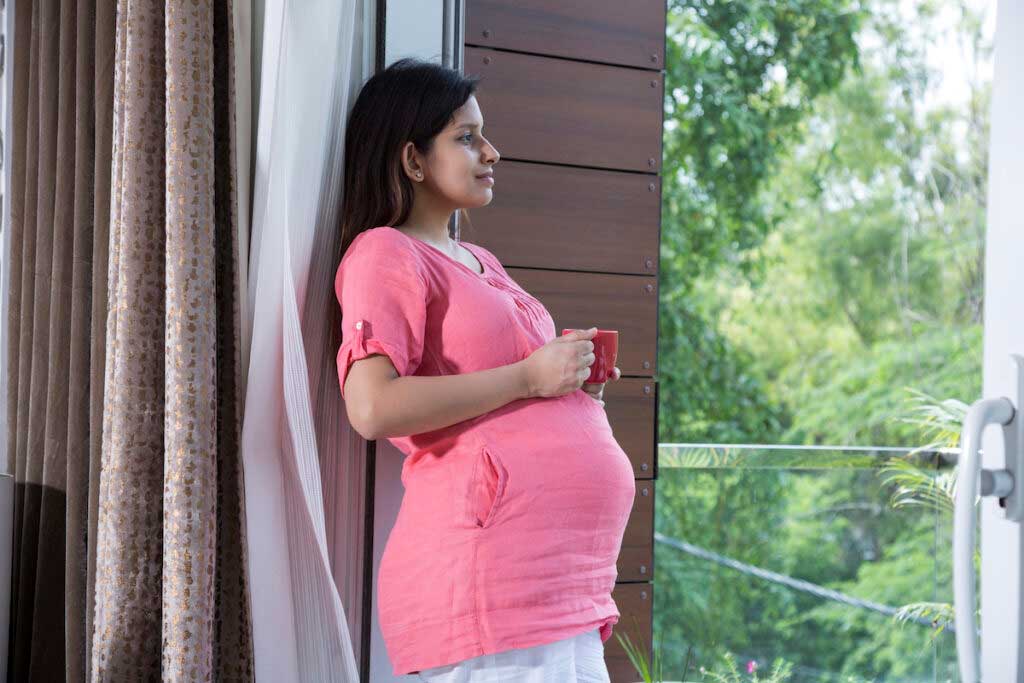
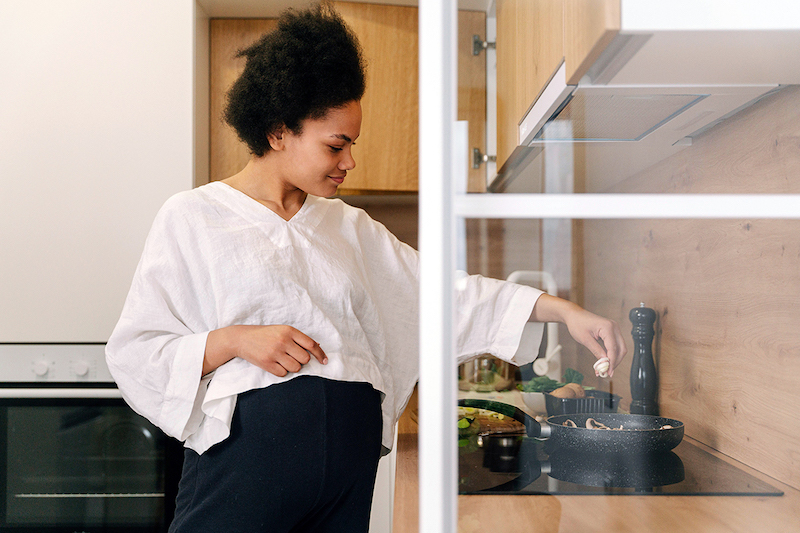

Log in